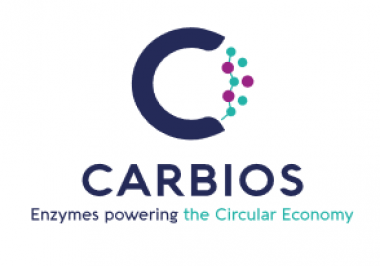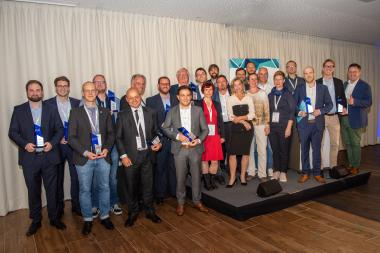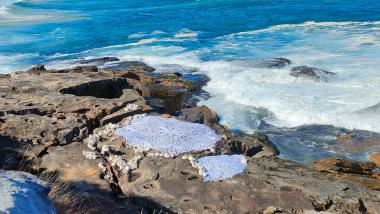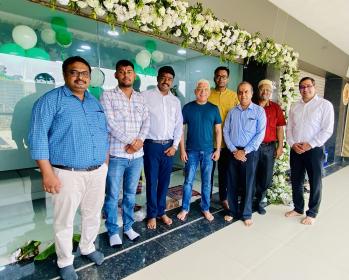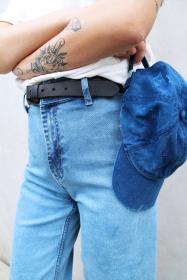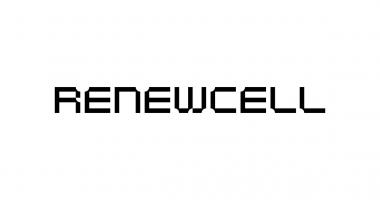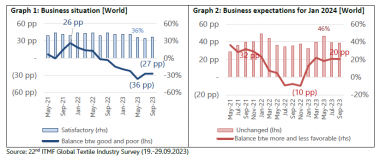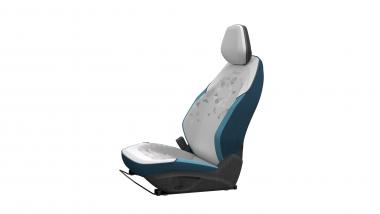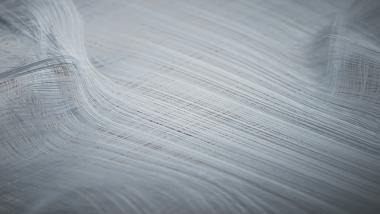Carbios: Appointment of Bénédicte Garbil as Senior Vice President of Corporate Affairs and Sustainability
Carbios announced the strengthening of its leadership team with the appointment of Bénédicte Garbil as Senior Vice President of Corporate Affairs and Sustainability. Bénédicte Garbil oversees three strategic areas: Public Affairs, Corporate Affairs, and Sustainability. In her Corporate Affairs role, she supervises Communication, Regulatory, Project Management, and Innovation Funding functions. In her Sustainability role, she oversees CSR, QHSE, and LCA functions. Bénédicte Garbil also joins the Group’s Executive Committee.
Bénédicte Garbil started as a public affairs advisor at the French Federation of Healthcare Industries before becoming Director of Public Affairs at a pharmaceutical laboratory. In 2013, she joined the public sector, first working at the General Directorate of Enterprises (DGE) as Head of the Health, Biotechnology, and Agri-food Industries Bureau, and then at the General Investment Commissioner’s Office (CGI) from 2014 to 2017 as Deputy Director of Health and Biotechnology. Her experience allowed her to gain expertise in public policies and funding innovative projects, contributing to the creation of public funding mechanisms supported by the French Program of Investments for the Future (PIA). After her public service, she led Edwards Lifesciences in France for 4 years, then founded a consulting company accompanying biotechnology and healthcare companies in their development, from valuation to market access, including industrial development in France. A graduate of Sciences Po Lille, she holds a master’s degree in health law and a university degree in pharmacoeconomics.
Carbios


